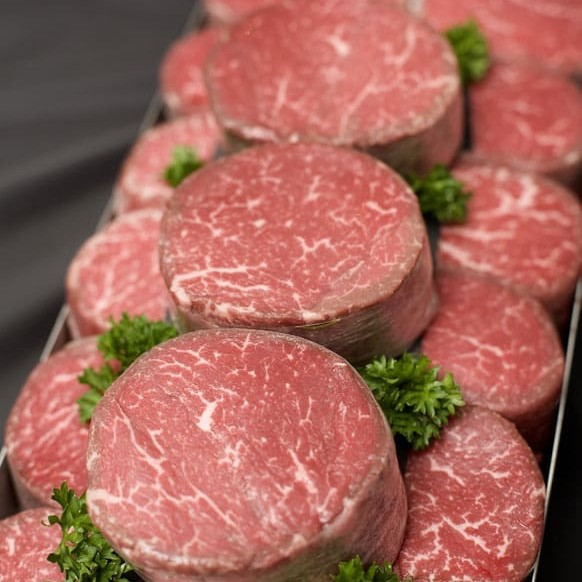 The European horsemeat scandal continues, with new data from the United Kingdom suggesting sales of frozen beef burger patties and frozen pre-prepared meals containing beef have fallen by 43 percent and 13pc respectively.
The European horsemeat scandal continues, with new data from the United Kingdom suggesting sales of frozen beef burger patties and frozen pre-prepared meals containing beef have fallen by 43 percent and 13pc respectively.
But could it happen here?
The recent UK data is for the four weeks ending February 17, and whilst undoubtedly attributable to consumers turning away from buying the product, it is also reflecting reduced availability as more and more ground beef products are withdrawn from sale.
Last week, Swedish furniture business IKEA withdrew all meatballs from its UK store restaurants and stopped sales in more than 20 countries across Europe after tests for horsemeat were found to be positive in batch tests.
UK supermarket chain Tesco also pledged to shorten the meat production chains so it is “closer to home.” It appears that process will begin with chicken, with Tesco pledging that by July, all of its chicken meat will come from British farms. A new testing protocol will ensure that what is in the packet will be reflected on the label.
A recent survey of 2000 UK consumers found that since the scandal broke, a quarter of respondents said they trusted the food industry less, while nearly a third said they were buying less processed meat.
Species controls in Australia
The scandal in the EU over substitution of horsemeat for beef has generated widespread media coverage as well as the inevitable questions over whether a similar event could happen in Australia.
The Australian Meat Industry Council said while nothing is impossible, there were a number of controls and check-measures in the Australian beef manufacturing process around potential species substitution. These are considered in regulatory circles to be ‘world’s best’ standard.
The measures came as a result of a Royal Commission Inquiry into a similar set of events in Australia more than 30 years ago, in late 1981, infamously labelled “Roo in the Stew.”
Species testing is one part of a system of regulations and controls that came in at that time, and which have been in operation in Australian processing plants ever since. That system of regulation in export plants today includes:
- registering all food production and storage facilities involved in the supply chain
- the use of objective trade descriptions specified by regulation for all product moving in that supply chain
- the requirement to maintain a detailed inventory system at each facility for all animals and products moving in and out of the facility
- the mandatory use of official Meat Transfer Certificates between export registered facilities
- the direct supervision and verification of those controls by the regulator (DAFF); and Government veterinarians and inspectors on site during slaughter and boning
- the conduct of a government species testing program at each registered facility as an additional verification; and
- strong penalties for anyone caught substituting meat.
There had been a couple of prosecutions since the 1981 Royal Commission for species substitution, AMIC said.
“To give an idea of how sensitive the testing can be, one incident involved the inadequate cleaning of a grinder between a batch of lamb mince and beef mince. These cases were picked up before product got into commerce,” AMIC told stakeholders.
“The Australian industry leant a lot from events in 1981 and has had more than 30 years since to refine and improve those systems."
"However it is interesting that one of the most stringent import inspection protocols in the world, in the form of EU import requirements have been found to be fallible internally,” AMIC said.
